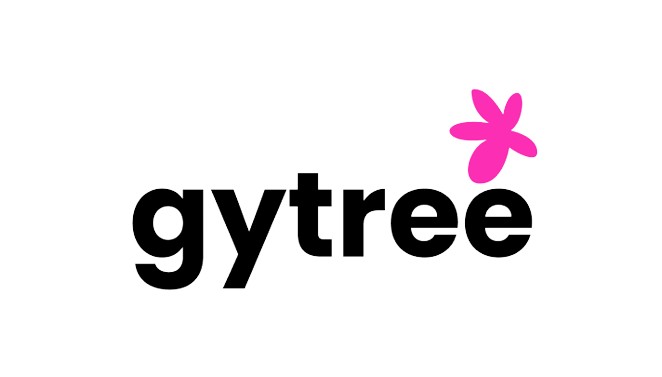As we reach our 40s, our bodies undergo numerous changes, many of which can impact how we process and use nutrients. Protein, often celebrated as the building block of life, becomes especially crucial during this stage. It's not merely about maintaining muscle mass; it's about overall health, well-being, and vitality.
Metabolism slows down: One of the most significant changes that occur as we age is a decrease in metabolism. This slowing down means our bodies burn fewer calories at rest and during activity. Adequate protein intake can help counteract this by boosting muscle maintenance and, in turn, supporting a higher metabolic rate.
Protein is essential for repairing and building tissues, producing enzymes and hormones, and maintaining a healthy immune system, says Dr Sudeshna Ray, medical director at Gytree.
Here are other reasons:
Muscle Mass Preservation: As you age, it's common to experience a natural decline in muscle mass, known as sarcopenia. Protein helps in preserving and even rebuilding those muscles, keeping you stronger and more active.
Hormonal Balance: Around the age of 40, many women begin to experience perimenopause, leading to fluctuating hormone levels. Protein-rich foods can aid in stabilizing these changes, alleviating some symptoms associated with hormone imbalances.
Bone Health: Adequate protein intake is necessary for the absorption of calcium, which is vital for maintaining bone density and preventing conditions like osteoporosis.
In essence, prioritizing protein as you age can help you maintain a vibrant and active lifestyle. It's not just about muscle; it's about building a foundation for long-term health. As you navigate these changes, consider integrating more high-quality protein sources into your diet, like lean meats, dairy, legumes, and nuts.


